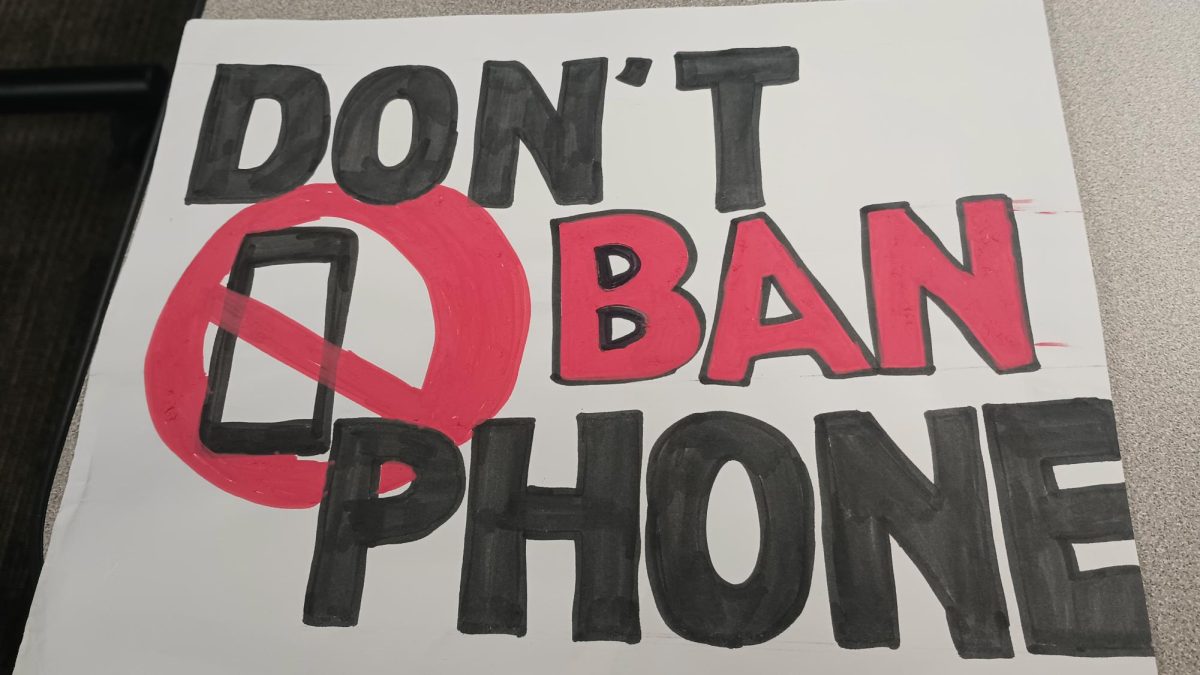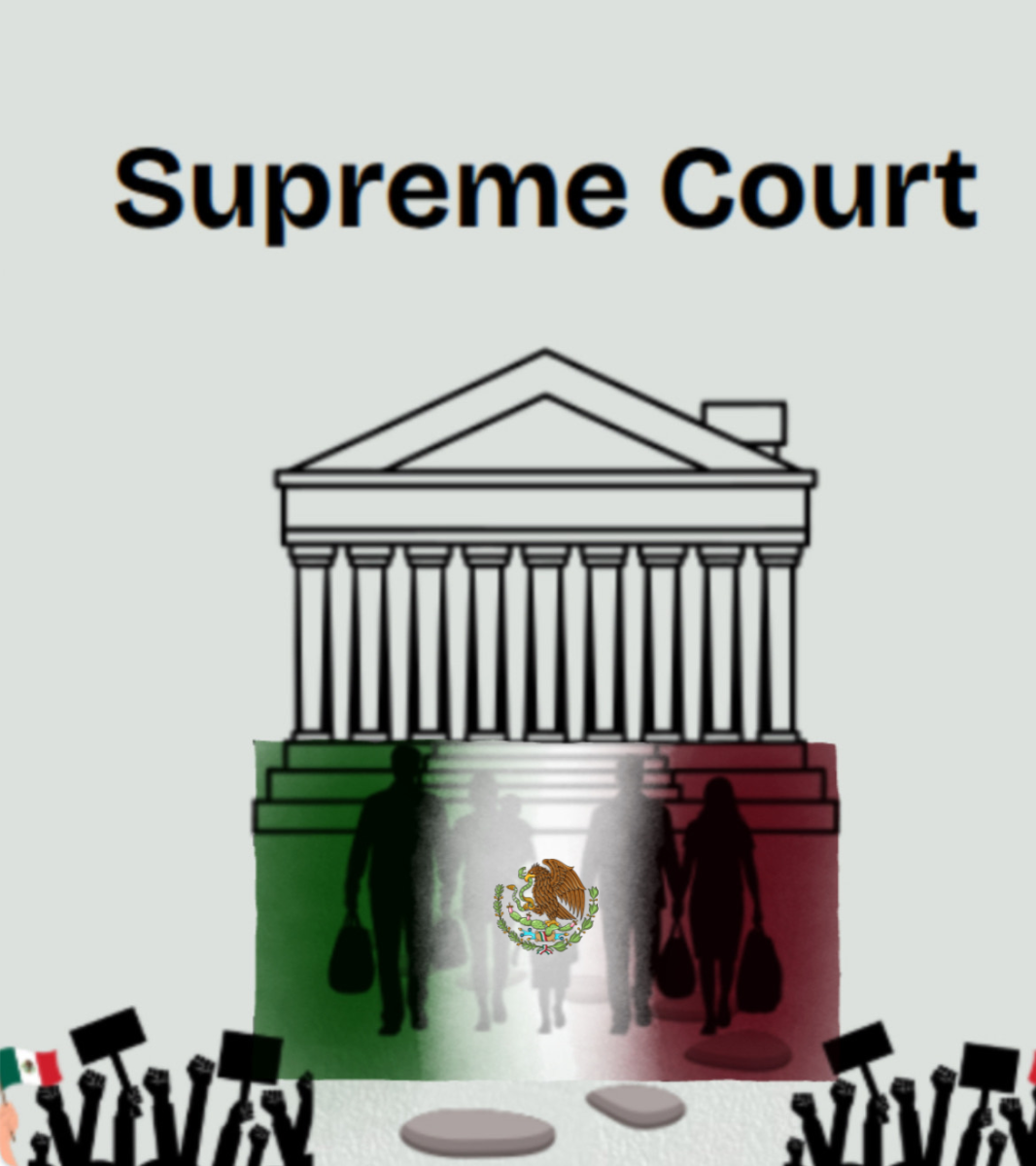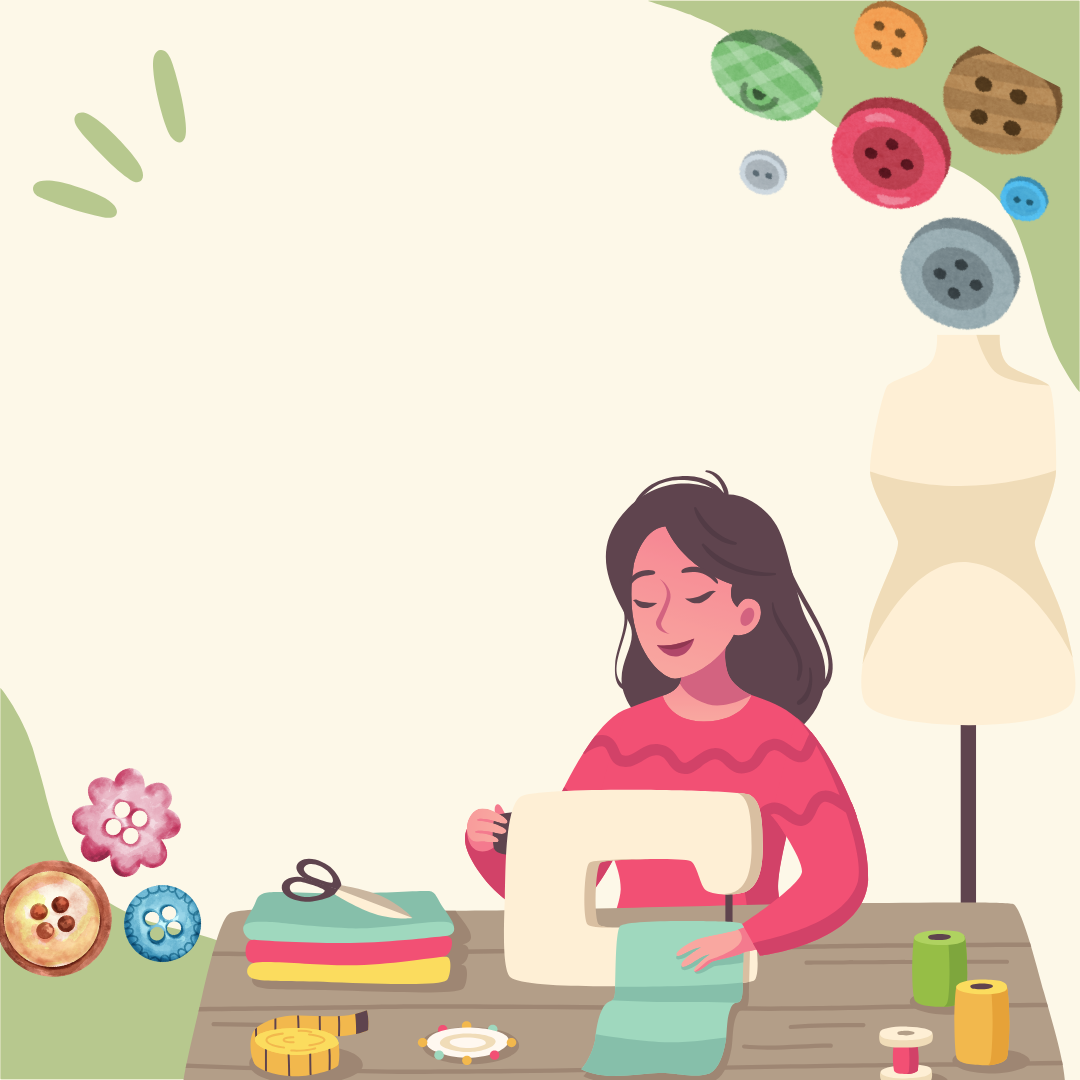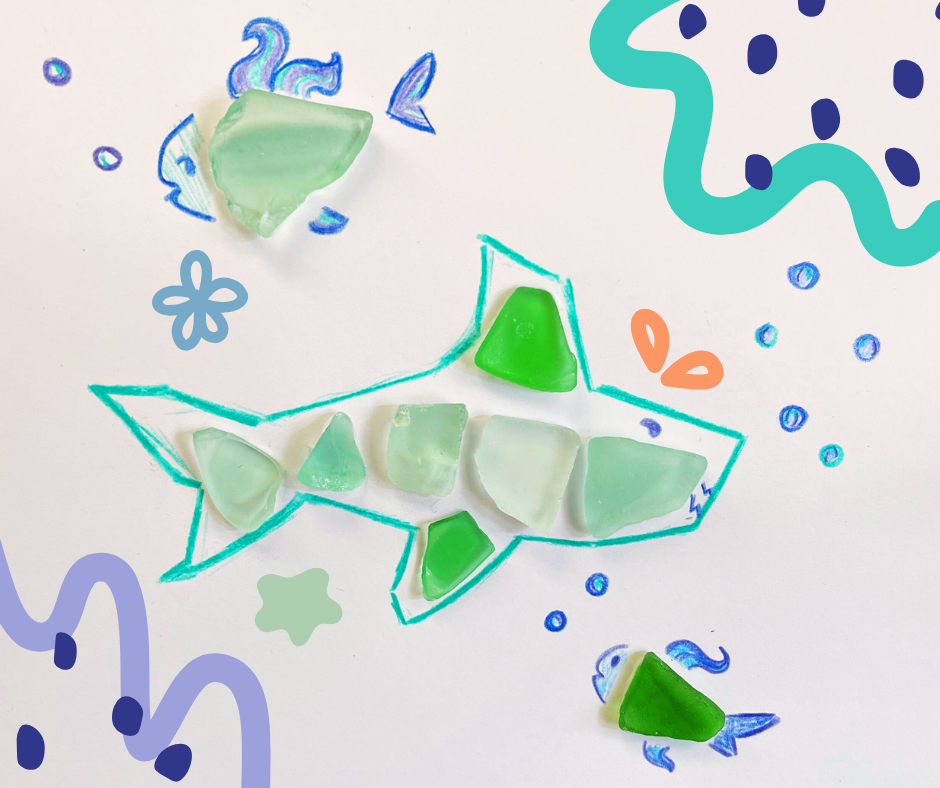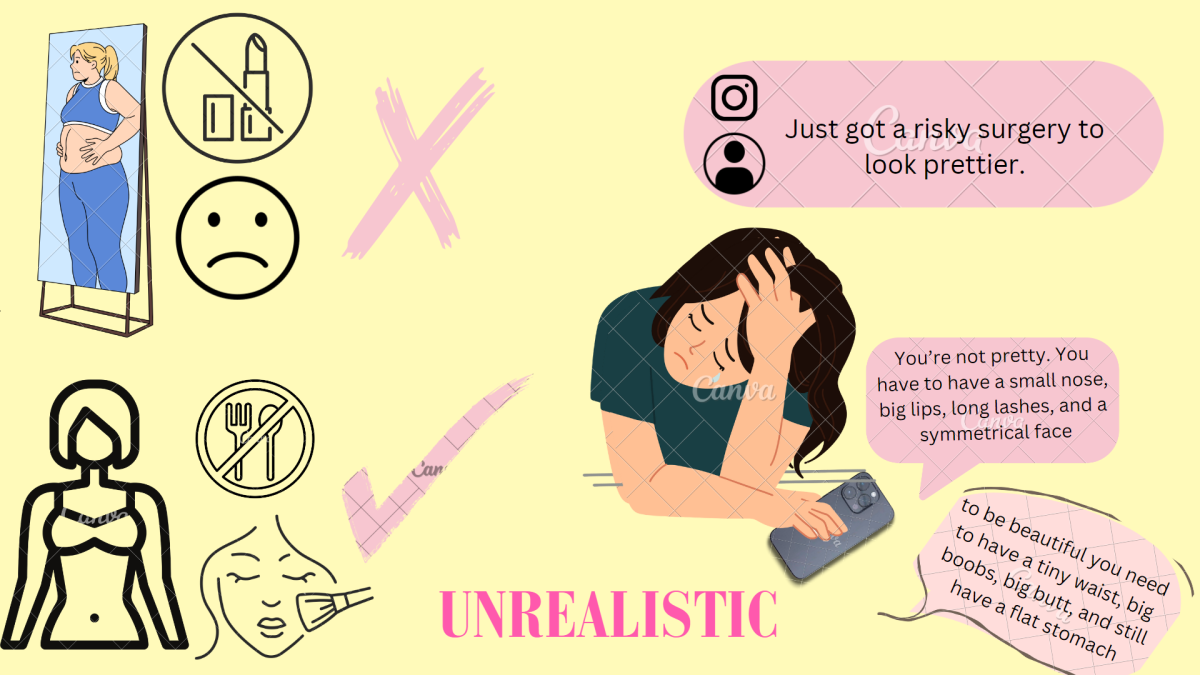Beauty, weight, and nutrition. It’s a moving target. As I scroll through social media platforms, I see this trend of unrealistic beauty expectations and teenagers as well as young adults complaining about their looks. I realize the pressure women go through to be seen as attractive.
Social media shapes unrealistic beauty standards, and it has a draining effect on most young adults and teenagers. Social media is causing low self-esteem because beauty standards are a constant moving target, and they’re getting more unrealistic by the minute. Social media influencers are now making it the norm to make unhealthy decisions to become prettier and
teenage girls feel insecure because they don’t go to the measures they do to look a certain way. Instead of blindly following these standards that we accept, we should make our own to help us adolescents feel confident in our own skin by educating people to support one another, to not judge people based on looks and accept ourselves and each other in our own skin.
Dove, the skincare and haircare company conducted a report featured on their website. Three key ideas from this report are toxic beauty advice normalizes unrealistic and firmly defined beauty standards, promotes possibly dangerous beauty techniques like plastic surgery, and suggests visual perfection is crucial towards developing self-esteem.
“A new report by the Dove Self-Esteem Project surveying more than 1,000 girls aged 10-17 revealed that 1 in 2 girls say toxic beauty advice on social media causes low self-esteem,” the Dove report said.
Social media is quickly adapting and changing beauty standards. They become more unrealistic by the next trend and many teenage girls feel it is difficult to navigate.
“Over half of girls say they can’t live up to the beauty standards projected on social media,” the Dove report said.
Social media is normalizing unreasonable surgeries: buccal fat removal and fillers. These procedures are attempts to increase attractiveness, and young adults are naively following the beauty standards.
“Toxic beauty advice normalizes unrealistic and narrowly defined beauty standards, promotes potentially harmful beauty practices (like cosmetic surgery), and suggests that the key to building self-esteem is physical perfection,” the Dove report said.
It’s common to see influencers showcasing their “perfect body” and the extreme measures they take to achieve it. However, this constant display of an idealized body image may lead to insecurity among adolescent females who don’t look a certain way.
“It can be positive when the ‘influencers’ or people speak up about how others online may have helped them accept their beauty and allow them to be themselves, but also the negative influences have led to may feeling insecure or to have low self-esteem because they don’t look like these people they see online, or the ideal look being promoted by society,” psychotherapist Jose Soria said.
Adolescents like myself are hypnotized to follow these beauty standard trends regardless of what they are, and this experience is stressful to navigate.
“With so much inside access to these famous people and teenagers being able to access this information 24/7, it’s easy to understand why they are influenced easily by what is being promoted by them,” Soria said.
Many teenagers can’t help wanting the perfect everything, and this can make teenagers uncritically follow these standards without thinking about the unhealthy risks it will take to get there.
“Teenagers become anxious to be out socially, many get depressed due to not fitting in and many isolate because they don’t want to be made fun of which for sure affects their mental health, and leads to not only physical ailments such as eating disorders,” Soria said.
It is fairly easy to get into contact with anyone in the world, and I think this is why beauty standards all over the world are being shoved down people’s throats.
“People now have people pushing beauty standards in all types of media with all the apps teenagers and adults have access to,” Soria said.
We can create a community where everyone feels confident about their body and embraces their differences. This can be achieved if we take action, educate everyone, promote healthy body image and improve people’s self-esteem.
“That’s why we need to take action together to make self-esteem boosting advice the norm on social media,” the Dove report said.



